Britain & Ireland 1509-1745
In this section you will find articles to help you unpick the truths from the myths of the Tudor period, examine how Cromwell took the country to war and explore how some the most important political thinkers began to shape the modern world. There is also guidance for teaching some of the information collected here to pupils and different age ranges.
Sort by:
Date (Newest first) | Title A-Z
Show:
All |
Articles |
Podcasts |
Multipage Articles
-

Virtual Branch Recording: The Fall of the English Republic
ArticleClick to view -
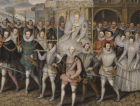
Virtual Branch Recording: The cultural world of Elizabethan England
ArticleClick to view -
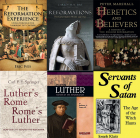
Disembarking the religious rollercoaster
ArticleClick to view -
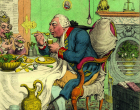
Why history teachers should not be afraid to venture into the long eighteenth century
ArticleClick to view -

Exploring the relationship between historical significance and historical interpretation
ArticleClick to view -
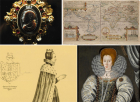
Inclusive approaches to teaching Elizabeth I at GCSE
Multipage ArticleClick to view -

What Have Historians Been Arguing About... the impact of the English Reformation
ArticleClick to view -

Film: The ladies-in-waiting who served the six wives of Henry VIII
ArticleClick to view -

Move Me On 183: sees no reason to include Black or Asian British history
ArticleClick to view -
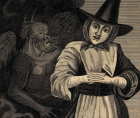
Cunning Plan 183: Teaching a broader Britain, 1625–1714
ArticleClick to view -
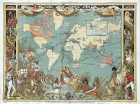
What Have Historians Been Arguing About... the impact of the British Empire on Britain?
ArticleClick to view -

Putting black into the Union Jack: weaving Black history into the Year 7 to 9 curriculum
ArticleClick to view -

Inventing race? Using primary sources to investigate the origins of racial thinking in the past
ArticleClick to view -

Unpicking the threads of interpretations
ArticleClick to view -

Cunning Plan 177: teaching about life in Elizabethan England by looking at death
ArticleClick to view -

Historical and interdisciplinary enquiry into the sinking of the Mary Rose
ArticleClick to view -
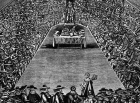
Planning increasingly complex causal models at Key Stage 3
ArticleClick to view -

Cunning Plan 175: Using the England's Immigrants database
ArticleClick to view -

Exploring the importance of local visits in developing wider narratives of change and continuity
ArticleClick to view -
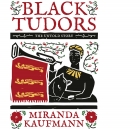
Triumphs Show 173: Teaching Black Tudors
ArticleClick to view

